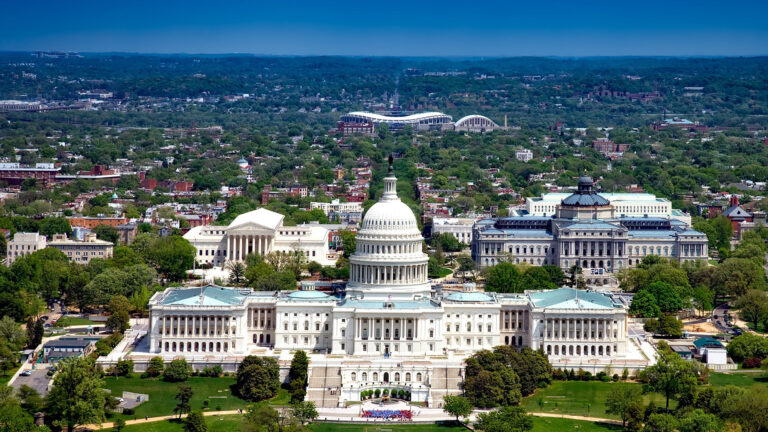By David G. Barry
At a time when
many public pension funds have stopped making traditional energy investments, the
Teacher Retirement System of Texas (TRS) is not only continuing to do so
but is actually looking to nearly double its pace in the sector this year.
After deploying $1.3 billion to energy, natural resources and infrastructure (ENRI)
in 2021, TRS is looking to commit approximately $2.5 billion in 2022, according
to a presentation given to the system’s investment committee by Carolyn
Hansard, senior investment manager of energy, natural resources and
infrastructure. Of that $2.5 billion, 60% is expected to go into funds. The
remaining 40% will go to principal, or direct investments. In 2021, $856
million, or 66%, went to principal investments. Another $424 million went into
funds and the remaining $34 million was deployed to emerging managers.
“We’ve been consistent in deploying capital to avoid vintage bias,” she said.
“The plan is to maintain that discipline.”
ENRI produced strong results for the $200 billion system in 2021, generating an
internal rate of return of 18.8%. The segment’s three-year return is 5.7% and
its five-year return is 6.2%. At the end of 2021, it accounted for 5.3% of the
system’s portfolio, but is now close to its 6% allocation level, Hansard said.
“We’re one of the few still investing in energy and that has really paid off,”
she said.
ENRI is part of the real return portion of the TRS portfolio. It was created in
2013 for a simple reason:
“provide production during inflationary periods,” Hansard said.
The portfolio
is roughly split between energy and infrastructure, with a small portion
allocated to agricultural and timber. TRS looks to have exposure to each of the
stages of the resource value chain, including upstream, midstream, downstream,
and services & technology.
One of the areas where the ENRI group is current seeing success is natural gas,
where demand, said Hansard, is expected to increase by 2% a year “for the
foreseeable future.”
It began investing in the sector some five years ago. People, concedes Hansard,
“thought we were a little crazy,” especially after TRS invested in the area
when it was trading at $4, and it declined to $2. Earlier this year, it was
trading above $9 and is now at $6.50, she said. That is still double what it
was a few years ago.
Natural gas, she said, makes sense, because of the “increase demand for power”
and the fact that it is seen “as a cleaner source of fuel.” Despite the need
for it – especially in the transition toward non-carbon sources – “production
has not kept up,” she said.
.
The demand for natural gas is also “a U.S. story,” Hansard said. “The world
needs gas, and we have lots of it and we produce it cheaply.”
TRS, she said, currently has 50% of its upstream
portfolio in natural gas, through investments in LNG storage facilities and
pipelines.












